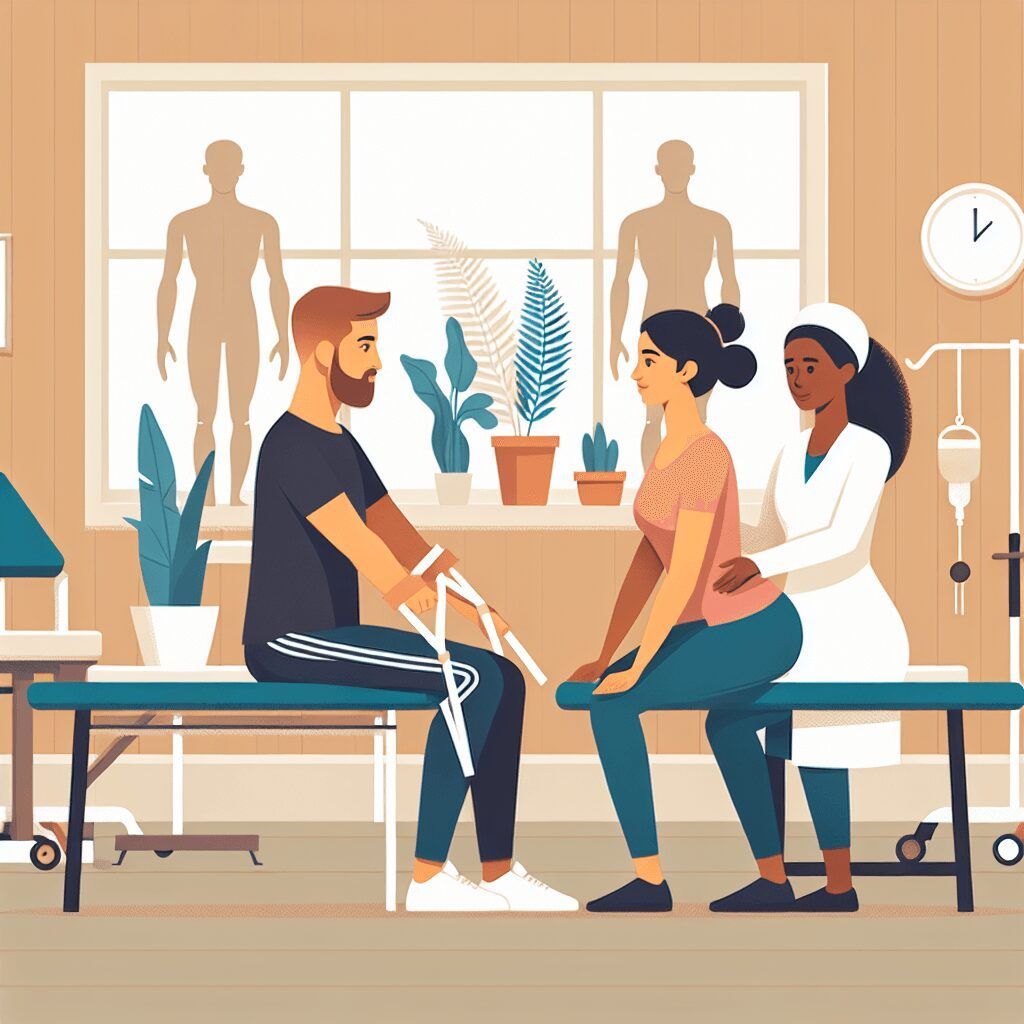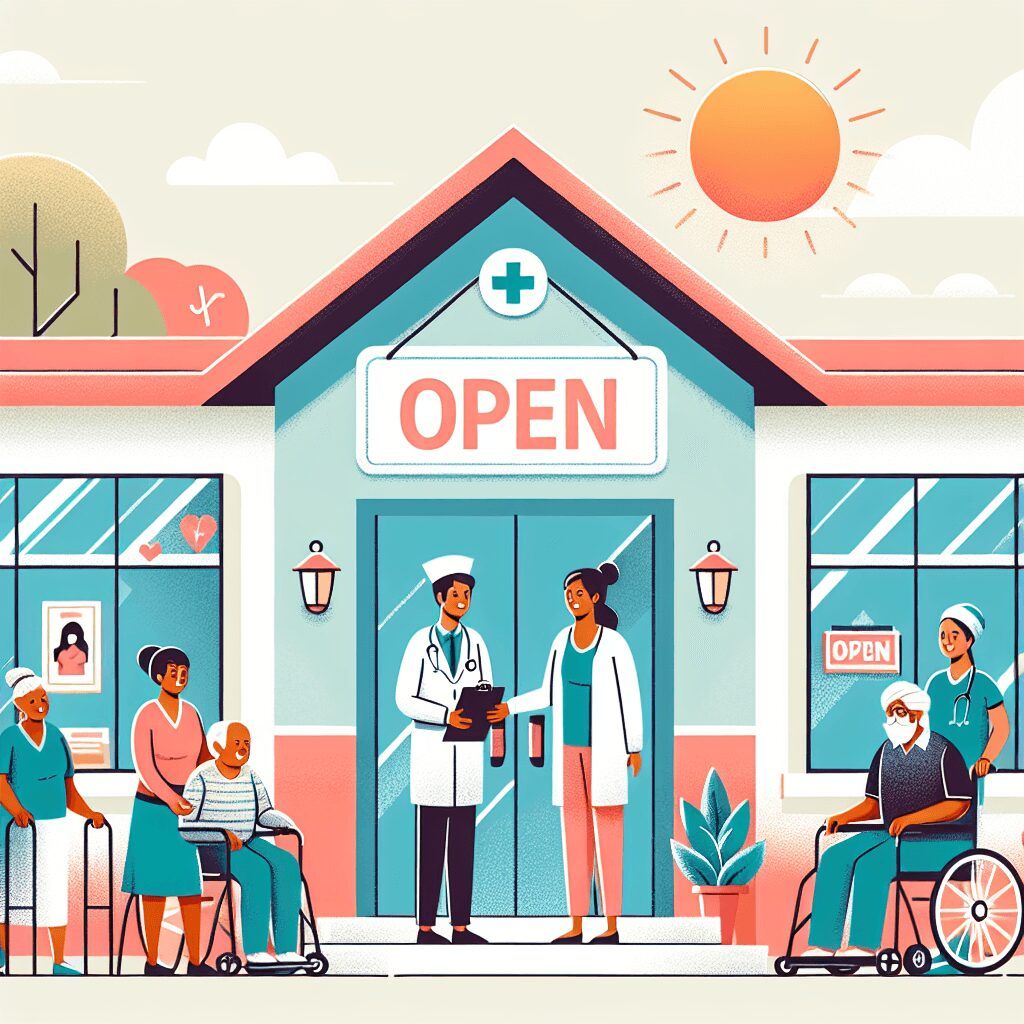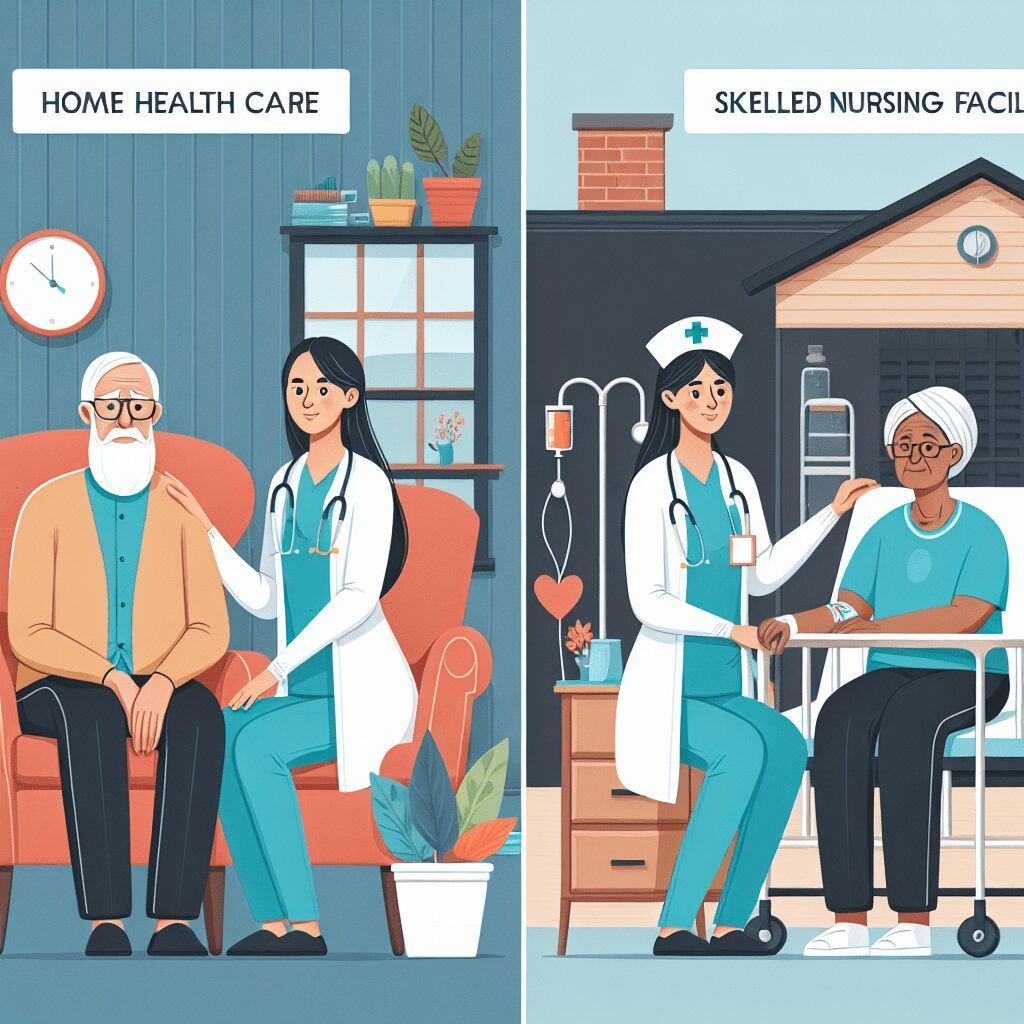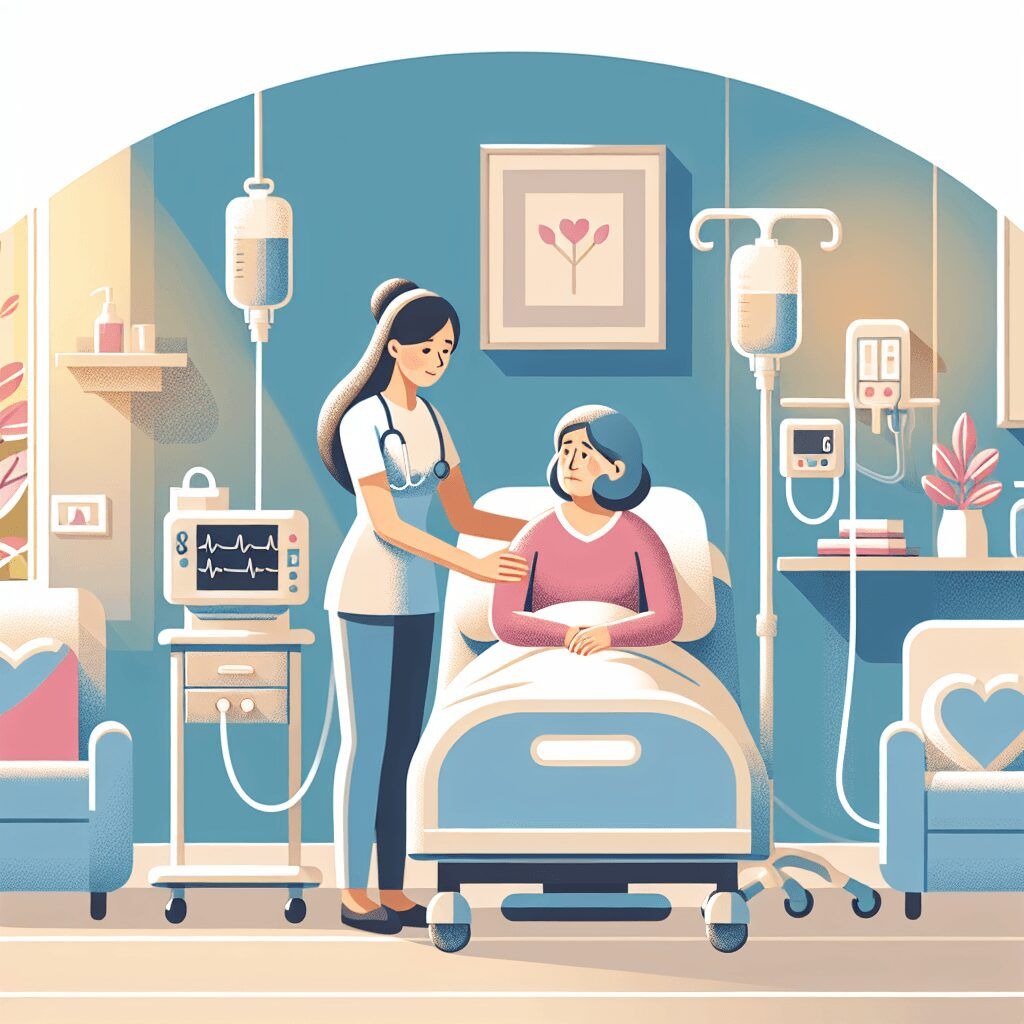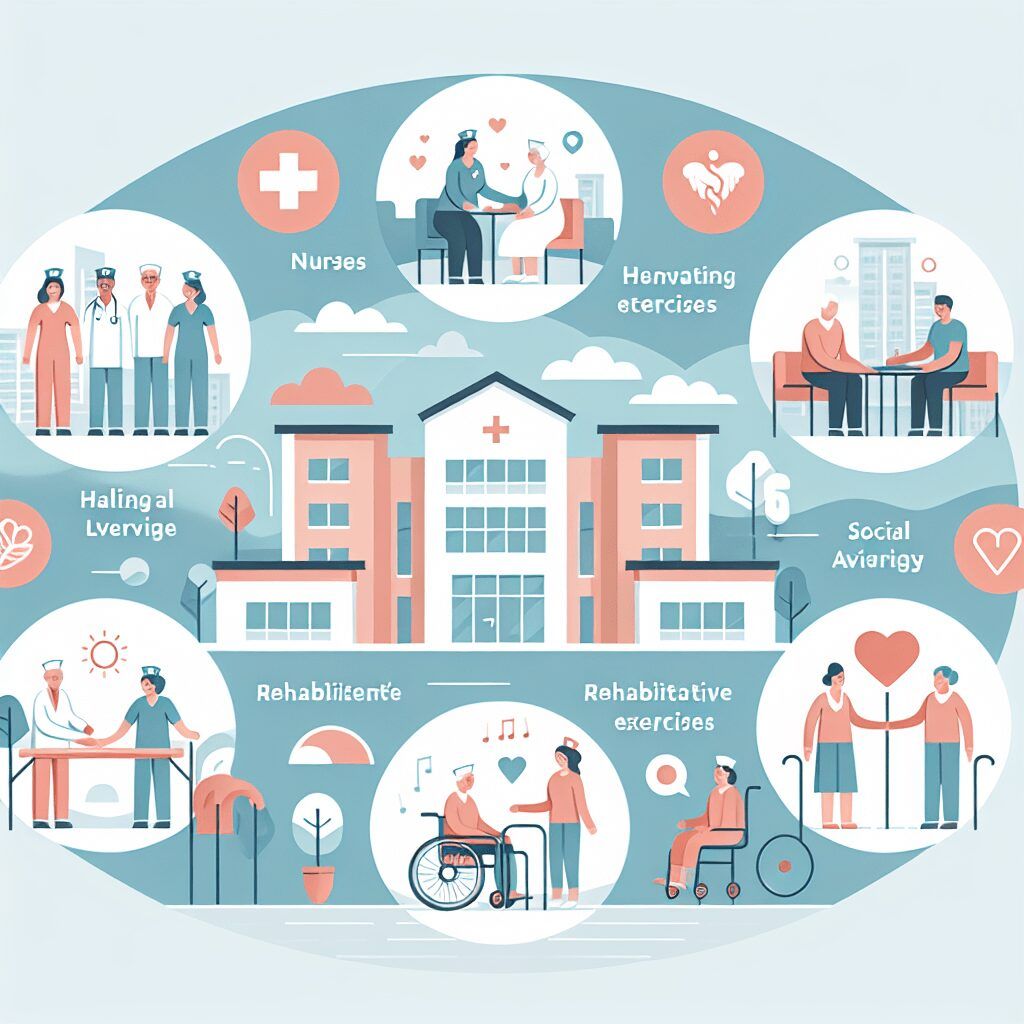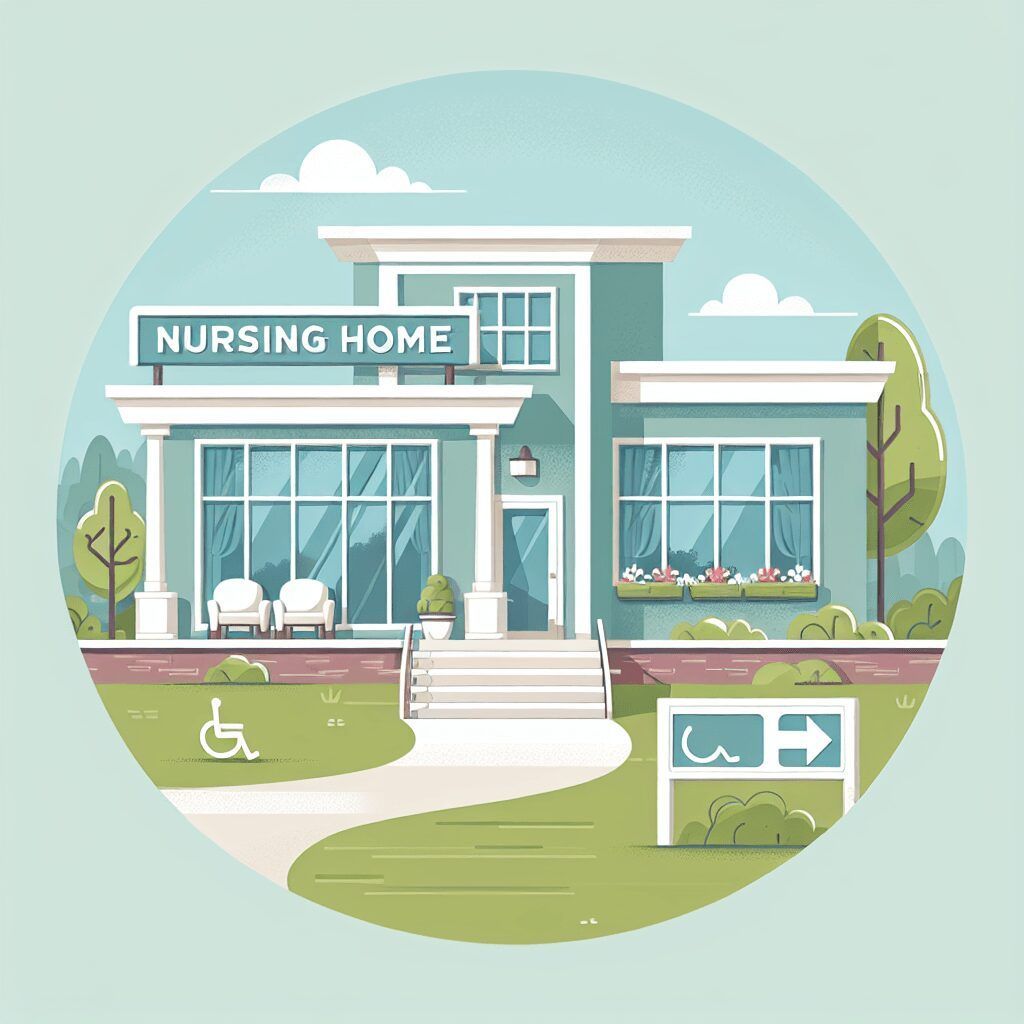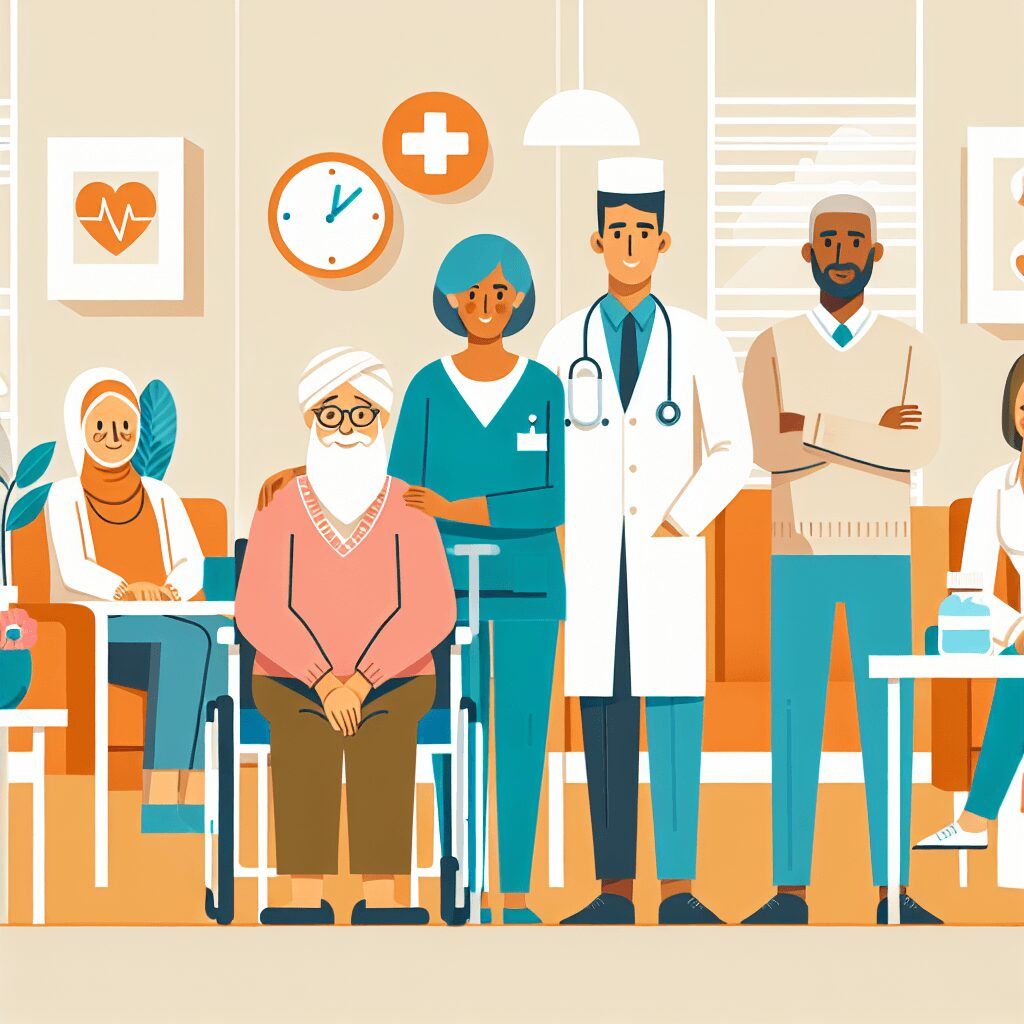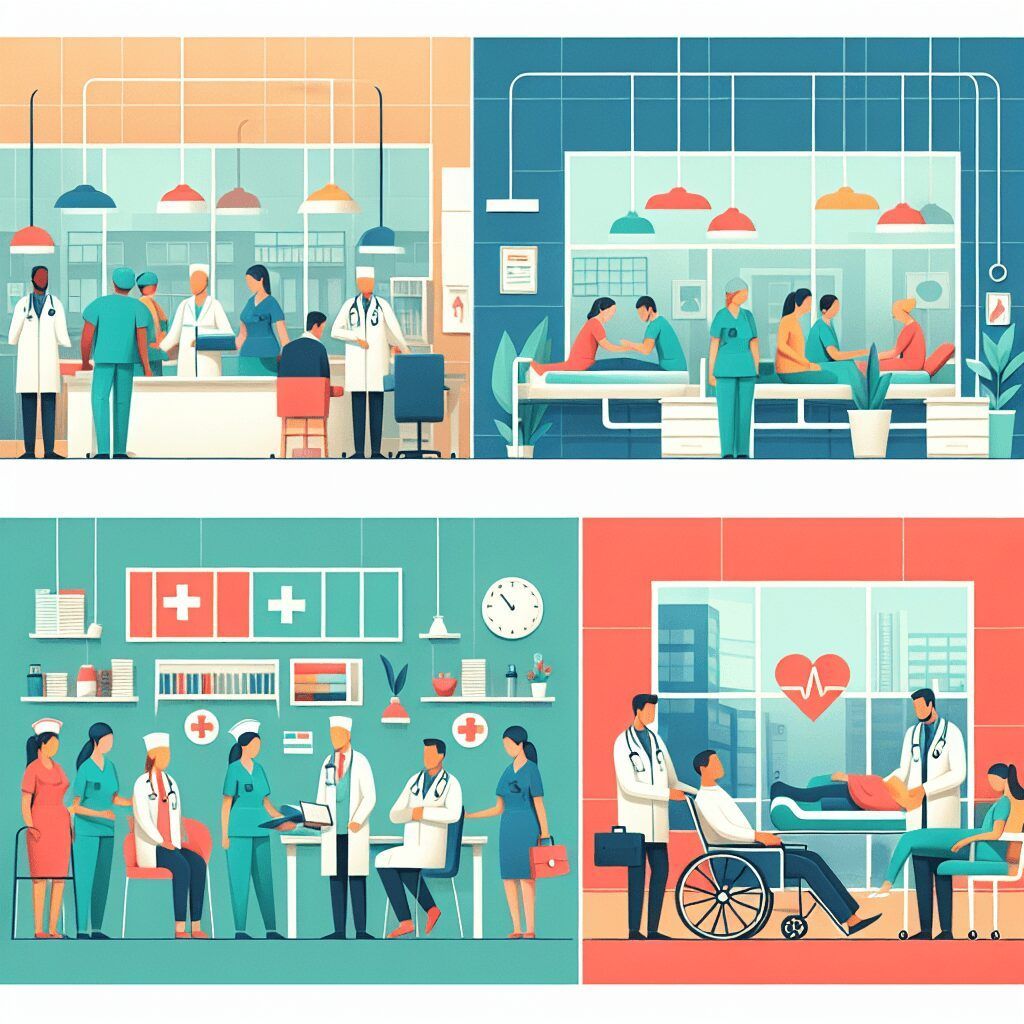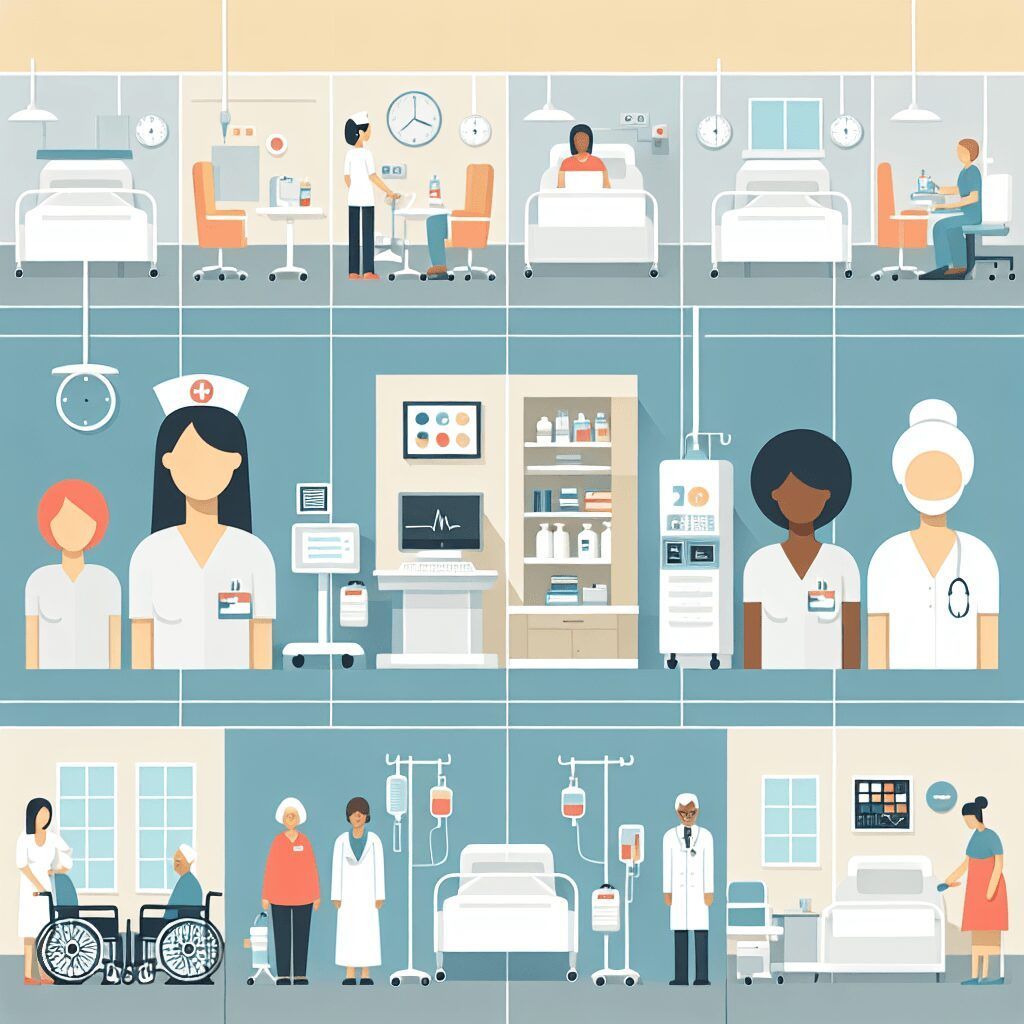Rehabilitation Centers: Helping You Heal and Thrive
Rehabilitation centers help individuals with mental health and substance use disorders. They offer confidential support 24/7, connecting them with treatment facilities, support groups, and community resources. These centers provide intensive therapy programs, physician supervision, and necessary services for recovery. Their goal is to help individuals regain strength, independence, and overall well-being after surgery, illness, or injury.
Overview of Rehabilitation Centers
Rehabilitation centers offer essential support for individuals recovering and thriving. They provide various services such as nursing care, therapy, counseling, and activities. A team of doctors and therapists ensures personalized care. These centers help with stroke recovery, amputations, brain injuries, and mental health issues. Choosing the right facility means looking at care types, specialized programs, and experience. Planning for intensive rehabilitation focusing on work habits and well-being helps recovery and return to daily life.
Benefits of Rehabilitation Centers
Improved Quality of Life
Rehabilitation centers help improve the quality of life for individuals by providing specialized care. They offer professional support from skilled staff like nurses, doctors, and therapists. These centers focus on medical issues like stroke, brain/spinal injuries, substance abuse, and amputations.
Inpatient facilities provide intense programs to restore function and aid recovery. The care is coordinated to suit an individual’s needs, whether for home or community transition. Health care teams help improve physical health, mental health, and address social issues through counseling and activities.
Professional Care and Support
Rehabilitation facilities offer a variety of services to help individuals recover. These services can include skilled nursing, work therapy, inpatient rehabilitation, and medication management for issues like substance abuse and mental health.
A multidisciplinary team of doctors, therapists, and other providers collaborate to give tailored care. Intensive rehabilitation programs are crucial for addressing medical issues from conditions such as stroke, brain or spinal cord injury, or amputation. These programs focus on physical, mental, and emotional recovery to help individuals regain independence in daily life.
Types of Services Offered at Rehabilitation Facilities
Physical Therapy
Physical therapy at a rehabilitation facility has many benefits for patients recovering from various medical conditions. It helps individuals with conditions like stroke, brain or spinal cord injury, and amputation improve their function and recovery.
Skilled nursing and inpatient rehabilitation facilities offer intensive programs where trained therapists work with doctors to provide coordinated care. This team focuses on helping patients manage their health, whether through surgical wounds, joint replacements, or addressing substance abuse and mental health needs.
In these facilities, patients can engage in group counseling, recreational activities, and work therapy to aid their recovery and develop strong work habits. This environment supports their rehabilitation journey, enabling a successful transition back home and a better quality of life post-treatment.
Occupational Therapy
Occupational therapy at rehabilitation facilities is important for helping individuals recover from various medical problems like stroke, brain or spinal cord injury, amputation, or trauma.
Skilled therapists work intensively with patients to improve their function and manage daily activities effectively. The goal is to assist individuals in transitioning back to their homes and communities by focusing on enhancing work habits and promoting strong work habits.
Moreover, occupational therapy addresses spiritual problems, substance abuse, mental health issues, and discrimination through group counseling and support. This multidisciplinary approach involves doctors, therapists, and other health care providers, ensuring coordinated care for patients and leading to successful recovery and improved health outcomes.
Mental Health Counseling
Individuals seeking support for their mental well-being can benefit from mental health counseling services at a rehabilitation facility through a variety of approaches and techniques.
-
Group counseling: Individuals can share experiences and struggles in a supportive environment, aiding in recovery from substance abuse or other mental health issues.
-
Individual counseling sessions with trained therapists: Provides personalized support tailored to specific needs, addressing issues like trauma, addiction, discrimination, or spiritual problems.
-
Multidisciplinary team: Consisting of doctors, therapists, and other health care providers, ensures coordinated care for individuals with complex medical problems such as brain injury, spinal cord injury, or stroke.
-
Recreational activities and work therapy: Incorporated in counseling programs to help individuals develop strong work habits and function effectively in daily life.
-
Intensive rehabilitation programs: Aim to support individuals in their recovery journey, whether they require inpatient or skilled nursing care or plan to manage at home with well-controlled conditions.
Insurance Coverage for Rehabilitation Care
Original Medicare Coverage
Original Medicare covers rehabilitation services such as skilled nursing, inpatient rehabilitation, and coordinated care from doctors and therapists. Payment options depend on a deductible structure that varies with the benefit period. However, coverage has limitations, such as only including specific types of care and treatments within a certain timeframe.
For instance, intensive rehabilitation for spinal cord or traumatic brain injuries is covered, but recreational activities or group counseling may not be. Understanding the scope of Medicare’s rehabilitation services is crucial for recovery from various medical issues. Collaborating with a multidisciplinary healthcare team helps individuals get the tailored treatment they need post-rehabilitation.
Costs and Payment Options
Different payment options are available for rehabilitation care. One common option is Medicare coverage, which can help offset costs. The overall cost of rehabilitation care can vary based on factors like the type of care needed, length of stay, and specific services required. Insurance coverage, such as Medicare, plays a key role in managing costs for rehabilitation programs.
Medicare Part A covers medically necessary care in inpatient rehabilitation facilities, including skilled nursing and intensive rehabilitation services. This coverage can benefit patients recovering from medical issues like stroke, traumatic brain or spinal cord injuries, or those undergoing joint replacements. Coordinated care from doctors, therapists, and a multidisciplinary team approach can lead to the best recovery outcomes for individuals with complex health needs.
Having insurance coverage like Medicare can provide financial assistance and peace of mind when seeking intensive rehabilitation for various medical conditions.
Choosing the Right Rehabilitation Facility
Location and Accessibility
The rehabilitation facility in Rhode Island is easily accessible for individuals needing treatment for various medical issues:
– Substance abuse
– Stroke
– Brain or spinal cord injury
– Amputation
– Trauma
The facility provides:
– Inpatient rehabilitation
– Skilled nursing
– Coordinated care from doctors, therapists, and a multidisciplinary team
The facility ensures access to different care options for patients with mobility challenges, whether managing at home or transitioning directly home post-treatment. Patients benefit from:
– Intensive rehabilitation programs
– Improved function
– Recovery
– Building strong work habits
Services offered include:
– Rehabilitation hospital
– Skilled nursing facility
– Group counseling
These services cater to individuals’ physical, mental, and spiritual needs. The facility focuses on recovery and well-controlled rehabilitation, supporting those with diverse needs. It promotes health through recreational activities and work therapy for those with substance abuse or withdrawal symptoms.
Specialized Programs and Therapies
The rehabilitation facility offers specialized programs and therapies such as substance abuse treatment, skilled nursing, work therapy, inpatient rehabilitation, and group counseling. These programs are designed to target specific medical issues like stroke, brain injuries, spinal cord injuries, trauma, amputation, and mental health problems.
Intensive rehabilitation is provided by a multidisciplinary team of doctors, therapists, and other health care providers for coordinated care. Unlike traditional methods, these programs focus on managing complex conditions through personalized care plans to enhance recovery.
Patients benefit from customized treatments that aim to improve function, manage symptoms, and enhance overall health. The tailored rehabilitation programs cater to individuals with diverse needs, like substance abuse or spiritual issues, helping them develop strong work habits and overcome obstacles.
These programs not only support physical recovery but also address emotional and psychological aspects, offering a comprehensive approach to care.
Benefits of Inpatient Rehabilitation Care
Round-the-clock Monitoring and Support
Round-the-clock monitoring and support improved patient care in an inpatient rehabilitation setting. It ensures constant supervision and timely intervention during emergencies. Patients recovering from various medical issues like stroke, brain or spinal cord injury, amputation, or substance abuse benefit greatly from this attentive care.
A multidisciplinary team composed of skilled nursing staff, therapists, and doctors work together to provide tailored care to meet each patient’s needs. This involves managing surgical wounds, addressing withdrawal symptoms, and facilitating recovery through intensive rehabilitation programs. Patients also receive help with daily activities like joint replacement therapy or returning home after treatment.
In addition to medical care, patients engage in recreational activities, group counseling, and spiritual support, further contributing to their well-being. Continuous monitoring and support in a rehabilitation facility are vital to achieving the best possible outcomes for intensive rehabilitation patients.
Benefits of In-Home Healthcare Services
Personalized and Convenient Care
In-home healthcare services offer a high level of personalized and convenient care, making them an excellent alternative to rehabilitation centers. Patients receive one-on-one attention from skilled healthcare professionals, ensuring that their specific medical needs and personal preferences are met. This personalized care is tailored to fit seamlessly into the patient’s daily routine, eliminating the need for transportation to a facility and allowing for a more comfortable and stress-free recovery process.
Enhanced Emotional and Psychological Well-Being
Receiving care at home can significantly enhance a patient’s emotional and psychological well-being. Being in a familiar environment surrounded by loved ones provides comfort and reduces anxiety. Family members can be actively involved in the care process, offering continuous emotional support. This involvement can boost the patient’s morale and contribute positively to their overall recovery and mental health.
Flexibility and Cost-Effectiveness
In-home healthcare services provide greater flexibility compared to rehabilitation centers. Care schedules can be adjusted to meet the patient’s needs and preferences, ensuring continuity of care without the rigid schedules of a facility. Additionally, in-home care can be more cost-effective, as it eliminates the costs associated with staying in a rehabilitation center, such as accommodation and facility fees. Insurance plans, including Medicare, often cover in-home healthcare services, making it a viable and affordable option for many patients.
Comprehensive Care and Support
In-home healthcare services encompass a wide range of care, including skilled nursing, physical therapy, occupational therapy, and mental health counseling. This comprehensive approach ensures that patients receive holistic care addressing all aspects of their health. In-home healthcare providers work closely with doctors and therapists to create and implement personalized care plans, facilitating effective recovery and management of chronic conditions.
FAQ
What services do rehabilitation centers offer?
Rehabilitation centers offer a range of services, including individual and group therapy, medical detox, medication management, and mental health counseling. They also provide support for co-occurring disorders, life skills training, and aftercare planning.
How long does a typical rehabilitation program last?
The length of a typical rehabilitation program can vary greatly depending on the individual’s needs and progress. Some programs last for a few weeks, while others may involve several months or even years of ongoing support.
Do rehabilitation centers provide aftercare support?
Yes, rehabilitation centers often provide aftercare support through outpatient programs, support groups, therapy sessions, and referrals to sober living arrangements. This ongoing support is crucial for maintaining sobriety and preventing relapse.
Are rehabilitation programs tailored to individual needs?
Yes, rehabilitation programs are tailored to individual needs. This means that the treatment plan is personalized based on a person’s specific situation, goals, and challenges. For example, physical therapy exercises may be adjusted to fit a patient’s ability level and progress.
How can I find a reputable rehabilitation center near me?
You can find a reputable rehabilitation center near you by asking healthcare professionals for recommendations, checking online reviews, and verifying accreditations such as CARF or The Joint Commission.
At ABET Life Home Health & Caregiving , we bring specialized rehabilitation services directly to your home, allowing you to heal and regain your independence in a comfortable and familiar environment. Our team of skilled professionals tailors treatments to your specific recovery needs, whether you’re recovering from surgery, injury, or illness. We focus on enhancing your mobility, strength, and overall health through personalized care plans. Contact us today to discover how our in-home rehabilitation services can help you thrive.
The post Rehabilitation Centers: Helping You Heal and Thrive first appeared on Home Health & Care Giving Service in Houston, TX.

Whether dealing with chronic illness or needing help recovering a surgery, ABET Life will support you with our focused care — covered by Medicare or other insurance carriers for qualified patients.
USEFUL LINKS
All Rights Reserved | AbetLife, Inc | Terms of Use | Privacy Policy


